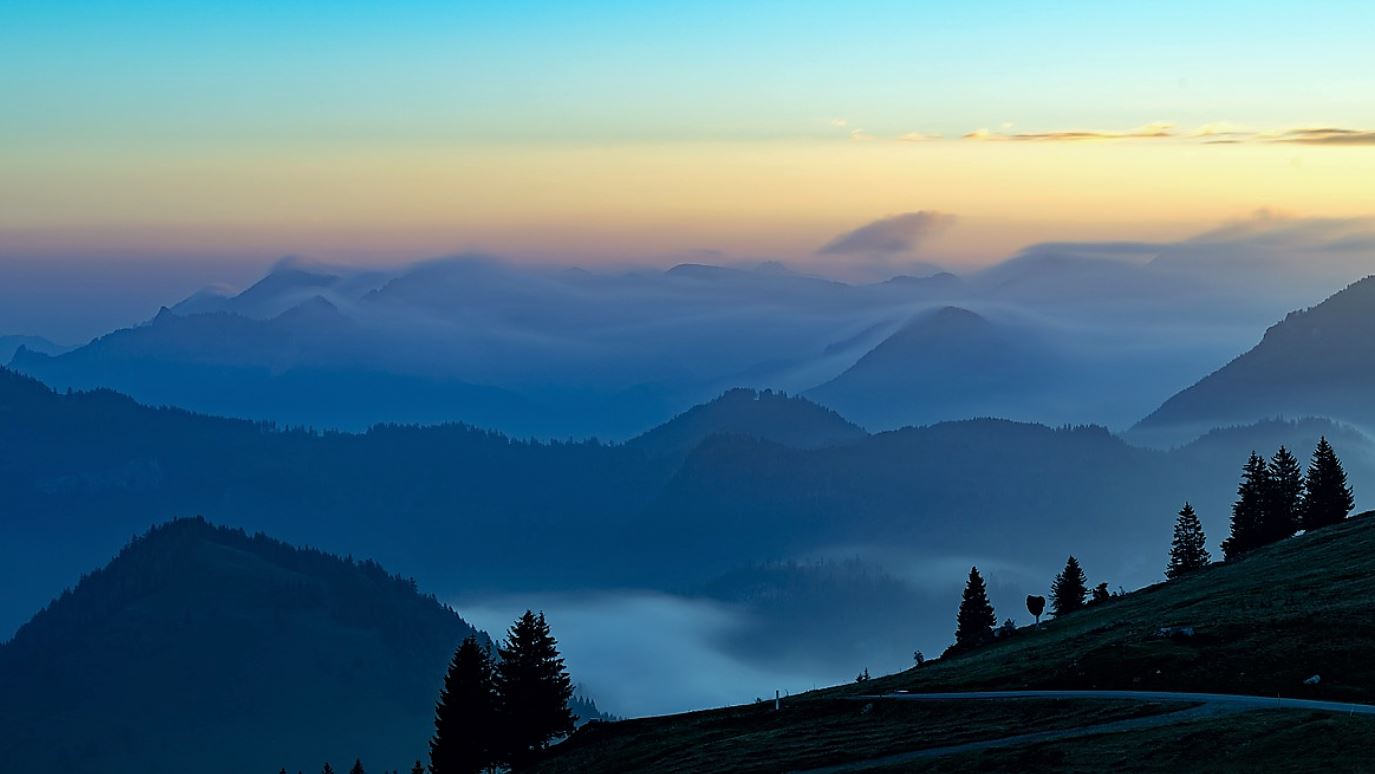
Acute sleep loss influences visual processes in humans, such as recognising facial emotions.
Taking the matter further, researchers in Australia and Sweden have studied the responses of several young men and their responses to distant landscapes after one night of sleep loss, indicating that selected images were perceived as less visually pleasant after sleep deprivation.
The pilot study of how humans may visually perceive scenes in their environment also found that the men perceived blurrier representations as more natural looking when sleep deprived than after normal sleep.
The results indicate that human brain responses to sleep loss goes beyond oculomotor muscle fatigue or an inability of the lens to focus after sleep loss but may be a response connected to a general lowering in mood.
A new study by researchers from Uppsala University, Sweden and the Centre for Neuroscience, at Flinders University, South Australia, suggests that collectively sleep loss may induce signs of visual discomfort.
The study, published in the Journal of Sleep Research, tested 11 young men in two study conditions: one night of sleep loss and one night of sleep.
In the morning after each night, subjects were shown blurred images on a computer screen and asked to use the down and up arrow keys to adjust the so-called slope constant until they perceived the displayed image as most natural looking.
The slope constant describes the spatial distribution of pixel intensities. They also rated the pleasantness of the finally selected image.
“Studies have shown that natural scenes can induce positive emotions. With this in mind, it could be speculated that experiencing less pleasure from viewing natural scenes could play a role in the connection between long-term sleep loss and conditions hallmarked by anedonia, such as depression”, says co-lead researcher Associate Professor Karin Nordström, from Flinders and Uppsala universities.
“It could also be speculated that perceiving blurrier representations of natural scenes as more natural but less pleasant may underlie the change in creativity experienced by some artists when pulling an all-nighter, also referred to as insomnia creativity. In this context, it is worth mentioning that emotions, including negative ones, and art are strongly correlated,” says Uppsala University sleep researcher Dr Christian Benedict.
The researchers say the pilot study with a small sample size of young men could be followed up on larger samples, including females, as well as subjects of other ages.
The authors’ work is funded by the Swedish Research Council, the US Air Force Office of Scientific Research, the US Air Force Research Laboratory, Novo Nordisk Foundation, and Swedish Brain Foundation.
Acute sleep loss induces signs of visual discomfort in young men by Olga Dyakova, Frida H. Rångtell, Xiao Tan, Karin Nordström and Christian Benedict has been published in the Journal of Sleep Health.

